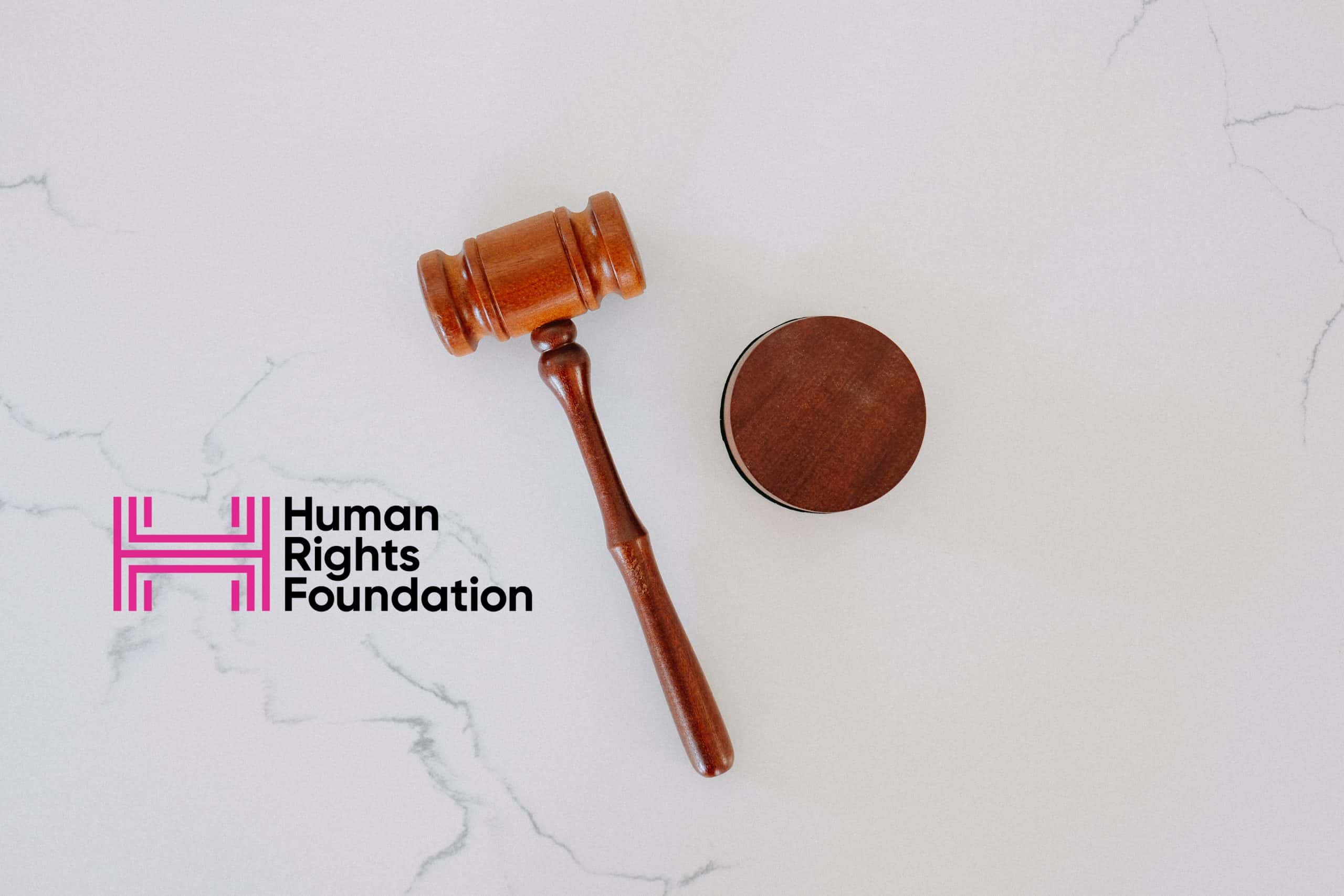
Successful partnership between RTF and the Human Rights Foundation brings justice to political prisoners
March 30, 2021
With the generous support of the Rising Tide Foundation (RTF), the Human Rights Foundation (HRF) has been able to drive forward its mission of preserving and promoting freedom globally, through the expansion of its Impact Litigation program. An initiative of pro bono litigation, the program provides international legal representation to prisoners of conscience whose cases are emblematic examples of the brutality of dictatorship. HRF’s legal team litigates on behalf of these courageous individuals before semi-judicial bodies such as the United Nations Working Group on Arbitrary Detention (UNWGAD), which offers redress in the form of declarations and recommendations to States. Each year, the UNWGAD receives thousands of submissions, but only issues opinions on a very small number of filings. It has so far issued opinions on a majority of cases HRF has submitted, and each outcome has been in our clients’ favor. Below are three examples of cases submitted by HRF, across various regions:
In October 2018, HRF submitted an individual complaint to the UNWGAD, requesting that it initiate a formal investigation into the wrongful arrest, detention, and harsh sentencing of Iranian-Canadian web programmer Saeed Malekpour. Malekpour was violently abducted and arrested without a warrant in Iran in 2008, and after multiple periods of solitary confinement in Iran’s notorious Evin Prison, sentenced to death on fabricated charges. In August 2019, during a brief furlough granted due to international pressure, Malekpour escaped Evin Prison to attain his freedom in Canada. HRF received a positive decision from the UNWGAD, noting that Malekpour’s detention had been arbitrary under each category for which an argument was set forth.
In January 2019, HRF submitted both a petition to the UNWGAD and an Urgent Appeal to the UN Human Rights Council on behalf of Hervé Mombo Kinga, who was imprisoned in Gabon for peacefully protesting the results of the 2016 rigged presidential elections, and for publicly exposing the regime’s corruption. Within a few weeks of HRF’s submission, a UN communication was sent to the government of Gabon, and Kinga was released, after nearly 18 months in detention. HRF won its case before the UNWGAD against the dictatorship of Gabon, and the Working Group declared that Kinga had been arbitrarily detained and was entitled to compensation. Kinga publicly thanked HRF for our successful role in his case.
HRF’s February 2020 UNWGAD submission addressed the arbitrary detention of six members of the Peacock Generation, a satire troupe in Burma who had criticized the Burmese military’s behavior during a thangyat performance, a traditional performance style reminiscent of slam poetry, which has historically been used to express political opinion. The troupe members were detained for “mocking the military” and sentenced to one year in prison at the end of 2019, though they remain imprisoned. The Working Group concluded the detention of the Peacock Generation troupe members was arbitrary, and many in Burma believe this case is illustrative of a harbinger of continued future censorship.
In each case on behalf of an individual living under an authoritarian regime, there is an opportunity to achieve a positive outcome for the entire country, in the form of international pressure for greater transparency and indisputable evidence of violations — a necessary and important component of any transitional justice effort. Thanks to RTF’s grant, HRF’s strategic litigation efforts to achieve such an outcome have increased more than seven-fold: over the course of the last three years, HRF’s legal team has submitted nearly 30 complaints and urgent appeals to the UN to advocate for human rights defenders who have been arbitrarily imprisoned for seeking to advance human rights and democracy in countries where few, if any, ways to obtain legal redress exist.
“In democracies, the separation of powers between the different branches of government ensures that the judiciary is independent of the legislature and the executive. However, in countries under authoritarian rule, this principle does not exist or exists in name only. As a result, legal proceedings may be a mere formality, and courts can easily become enforcers of discretionary rules used to harass, jail, convict, and impose arbitrary sanctions against critics of the regime who have little recourse through domestic courts. Mindful of this reality, and with the generous support of the Rising Tide Foundation, the Human Rights Foundation’s legal team brings dozens of cases before international judicial and semi-judicial bodies, like the UN Working Group on Arbitrary Detention, and provides international representation to prisoners of conscience whose cases are emblematic of the brutality of dictatorship across the globe.”— Roberto González, Chief Legal Officer, Human Rights Foundation
